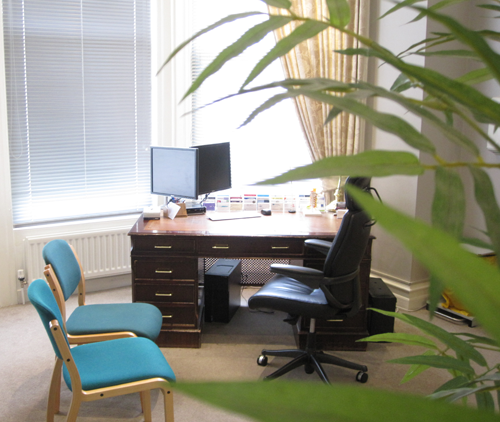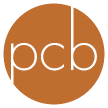


Post Traumatic Stress Disorder
During our lives we can all have an experience that is overwhelming, frightening and beyond our control; a car crash, be the victim of an assault or see an accident. Police, Fire Brigade, ambulance workers and military personnel often have to deal with horrifying scenes. Most people, in time, get over experiences like this without needing trauma treatment. In some people though, traumatic experiences set off a reaction that can last for many months or years. This is called Post Traumatic Stress Disorder (PTSD) and needs professional help.
- Repeated reliving of trauma as daydreams, intrusive memories, flashback or nightmares.
- Persistent numbness or emotional blunting.
- Avoidance of thoughts about, or reminders of, the trauma, which may lead to marked detachment from personal involvement or relationships. This could include avoiding he scene of the event or other people involved with the event. Such avoidance can extend to similar themes in conversation or in media.
- Symbols, anniversaries or similar events often prompt exacerbation of symptoms.
- Marked irritability.
- Hyperarousal.
- Hyper vigilance.
- Concerns about safety.
- Insomnia.
- Secondary drug and alcohol abuse is common and there may be overlap with generalized anxiety disorder and depression.
Our treatment approach for Trauma and PTSD
Our treatment approach to treating PTSD combines individualized treatment programmes with treatment based on current clinical evidence. Dr Tareen has special interest and expertise in trauma treatments. He will suggest a comprehensive treatment programme, which may combine pharmacological and psychological treatment. He has been involved in trauma treatment training for different mental health teams and offers EMDR and Trauma focused CBT. Treatment usually runs over 10 – 12 appointments. He runs specialised trauma EMDR clinic in a NHS setting as well. Over the years he has treated extensive numbers of people suffering from PTSD due to road traffic accidents, combat, abductions, torture and vicarious trauma.
To make an appointment confidentially please ring Malone Medical Chambers, Belfast on phone number 028 90667676
